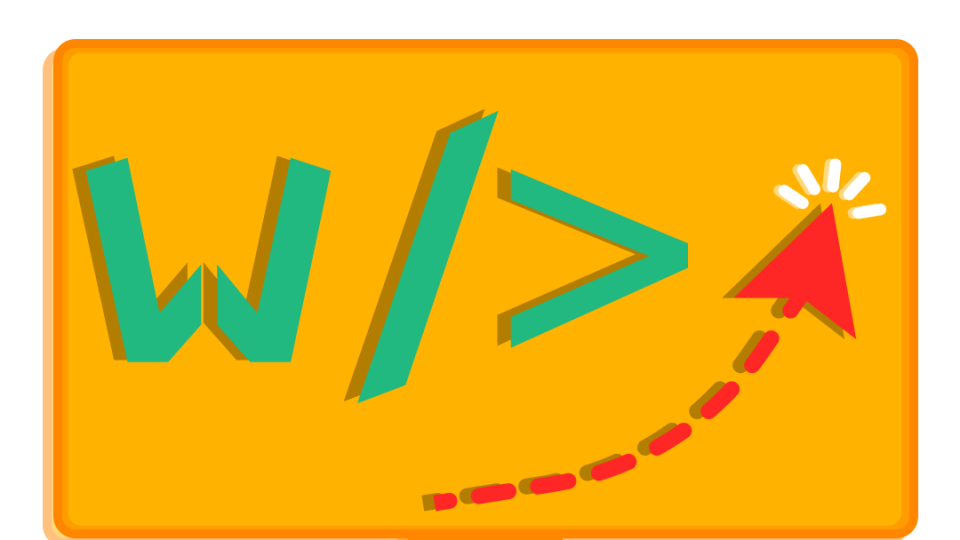We are seeking a skilled and innovative AR/VR Developer to join our team. As an AR/VR Developer, you will be responsible for designing, developing, and implementing cutting-edge augmented reality (AR) and virtual reality (VR) applications, experiences, and solutions. You will collaborate with cross-functional teams including designers, artists, and software engineers to create immersive and interactive experiences that push the boundaries of AR/VR technology.
Roles and Responsibilities:
Design and develop AR/VR applications, experiences, and solutions based on project requirements and specifications.
Collaborate with designers and artists to create visually stunning and engaging AR/VR experiences.
Implement user interfaces and interactions in AR/VR environments to ensure intuitive and seamless user experiences.
Integrate 3D assets, animations, and audio into AR/VR applications using relevant software tools and programming languages.
Optimize and refine AR/VR applications for performance, usability, and scalability.
Stay updated with the latest AR/VR technologies, tools, and industry trends to incorporate innovative features and functionalities into projects.
Conduct testing and debugging of AR/VR applications to ensure high-quality and bug-free software.
Work closely with cross-functional teams to define project requirements, timelines, and deliverables.
Collaborate with hardware teams to ensure compatibility and optimize performance on different AR/VR devices.
Provide technical expertise and support to team members, stakeholders, and clients throughout the project lifecycle.
REQUIRED SKILLS
Bachelor’s degree in Computer Science, Software Engineering, or a related field (or equivalent experience).
Proven experience in AR/VR development, including designing and implementing interactive experiences.
Proficiency in AR/VR development platforms, such as Unity or Unreal Engine.
Strong programming skills in languages like C#, C++, or JavaScript.
Familiarity with 3D modeling and animation tools, such as Blender, Maya, or 3ds Max.
Knowledge of AR frameworks (e.g., ARKit, ARCore) and VR technologies (e.g., Oculus, HTC Vive).
Experience with implementing user interfaces, gesture recognition, and spatial audio in AR/VR applications.
Understanding of optimization techniques for graphics rendering and performance in AR/VR environments.
Excellent problem-solving skills and ability to troubleshoot technical issues.
Strong communication and collaboration skills to work effectively in a team-oriented environment.
TRIAL TASK
Which programming languages are commonly used for AR/VR development? Can you explain their relevance and advantages in the context of AR/VR?
Explain the concept of marker-based AR and markerless AR. What are the pros and cons of each approach?
Describe the process of optimizing an AR/VR application for performance. What are some common techniques and best practices to improve rendering speed and reduce latency?
